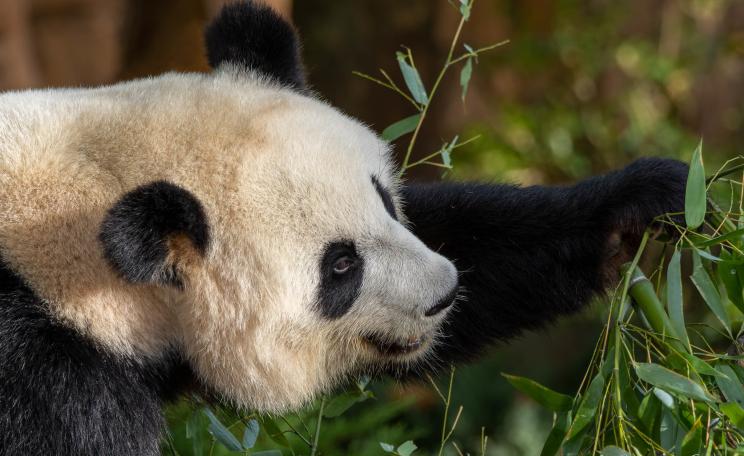Chimps don’t share food all the time, so this behaviour with fermented fruit might be important.
Wild chimpanzees have been pictured eating and sharing fruit containing alcohol for the first time.
Researchers set up cameras in Guinea-Bissau’s Cantanhez National Park and recorded footage of chimps sharing fermented African breadfruit.
The scientists said the findings raised questions about whether and why chimps deliberately seek out alcohol.
Ethanolic
And they likened it to humans consuming alcohol far back in evolution, with benefits for social bonding.
“For humans, we know that drinking alcohol leads to a release of dopamine and endorphins, and resulting feelings of happiness and relaxation,” said Anna Bowland, from the University of Exeter.
“We also know that sharing alcohol – including through traditions such as feasting – helps to form and strengthen social bonds.
“So – now we know that wild chimpanzees are eating and sharing ethanolic fruits, the question is: could they be getting similar benefits?”
The researchers used motion-activated cameras, which filmed chimps sharing fermented fruits on 10 separate occasions.
Fermented
Fruit shared by these chimps was tested for alcohol content and the highest level found was the equivalent of 0.61 per cent strength.
The researchers say it may be the tip of the iceberg because 60 per cent to 85 per cent of chimps’ diet is fruit – so low levels of alcohol in various foods could add up to significant consumption.
They stressed the chimps are unlikely to get drunk – as this would clearly not improve their survival chances.
The impact of alcohol on chimps’ metabolism is unknown.
But recent discoveries of a molecular adaptation that greatly increased ethanol metabolism in the common ancestor of African apes suggests eating fermented fruits may have ancient origins in species including humans and chimps.
Evolutionary
“Chimps don’t share food all the time, so this behaviour with fermented fruit might be important,” said Dr Kimberley Hockings, also from the University of Exeter.
“We need to find out more about whether they deliberately seek out ethanolic fruits and how they metabolise it, but this behaviour could be the early evolutionary stages of ‘feasting’.
“If so, it suggests the human tradition of feasting may have its origins deep in our evolutionary history.”
– The paper, Wild Chimpanzees Share Fermented Fruits, is published in the journal Current Biology.
This Author
Rod Minchin is a reporter with PA.







